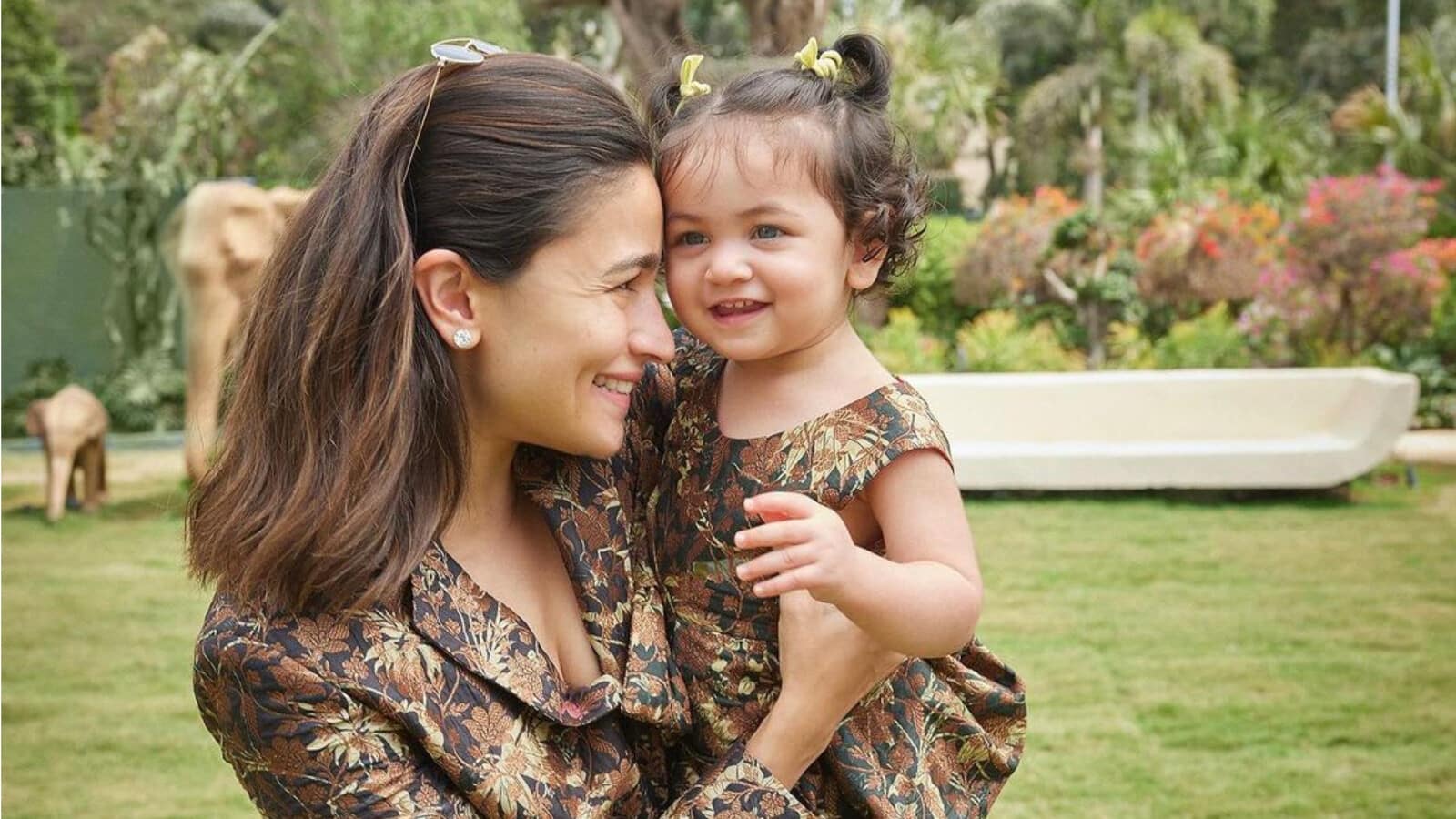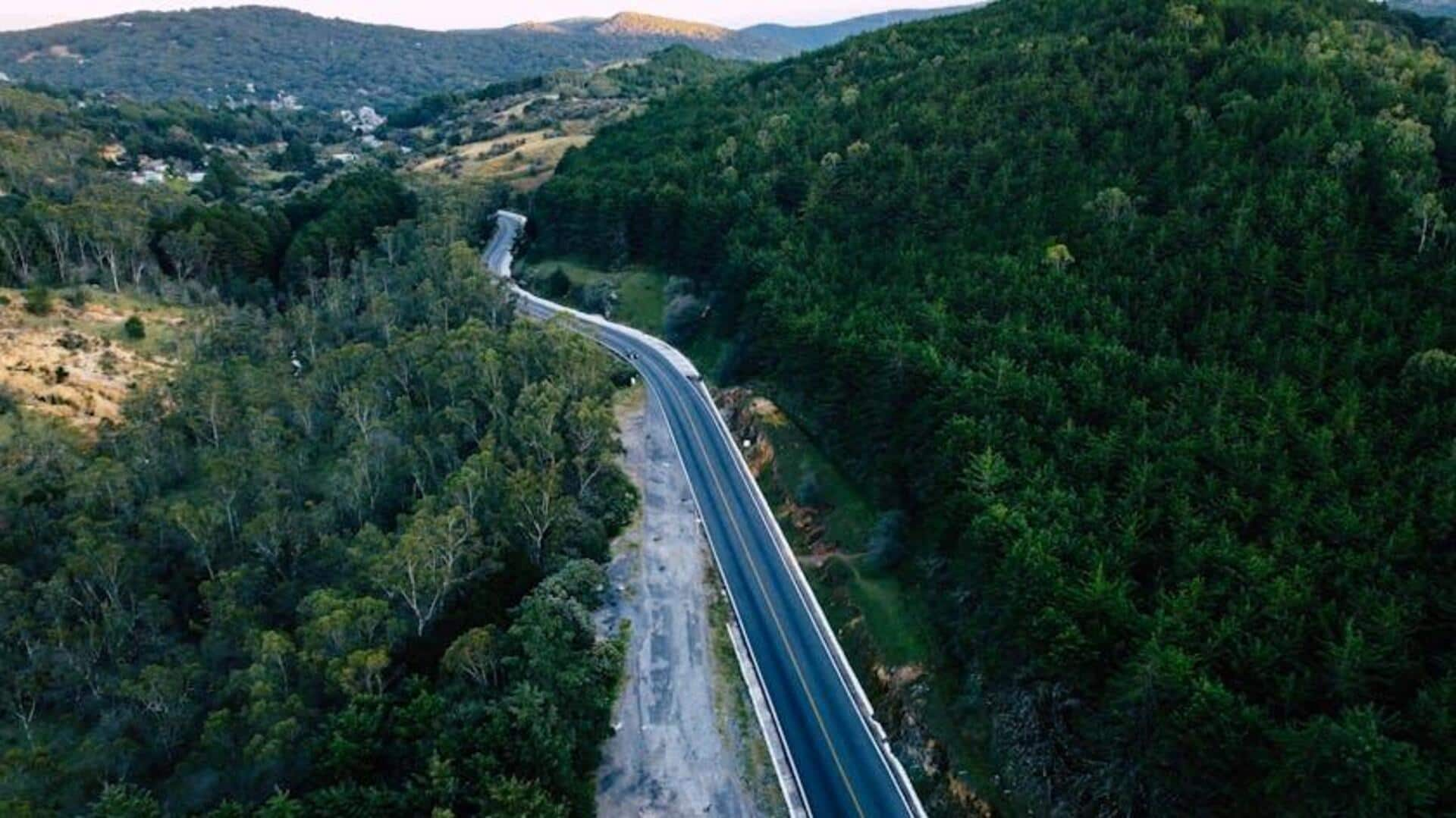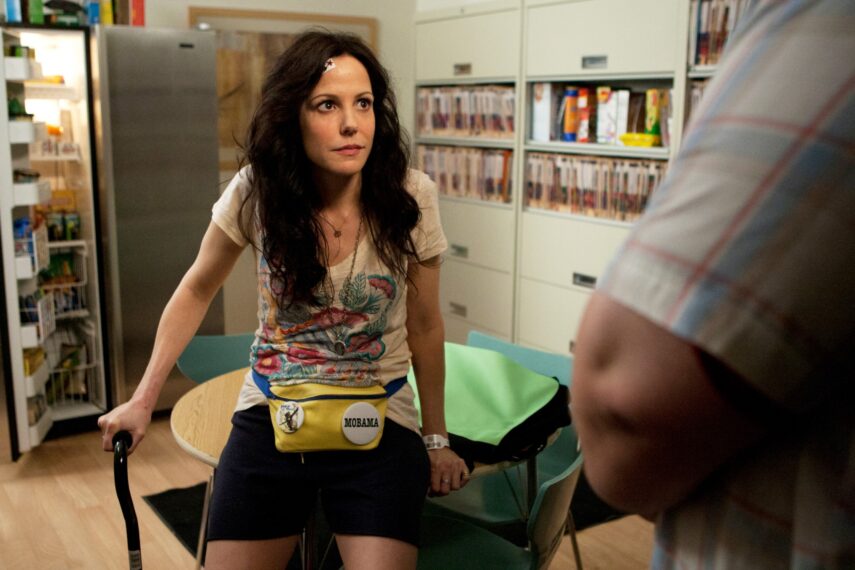“I knew him when he was a baby and now he’s a multiple Olympic champion, it’s incredible,” says a smiling Michel Coloma, shaking his head in disbelief. Coloma is taking The Athletic on a tour of the Alfred-Nakache swimming pool site in Toulouse — situated next to city’s football stadium. This is where a young Leon Marchand first swam.
Now he has become the standout performer at his home Olympic Games. Advertisement Marchand is the name on everyone’s lips here, the French sensation in the blue swimming hat who has lit up Paris. “Everyone has been watching in the bars and restaurants.

.. when Leon swims, they stop eating and drinking and watch it unfold with their mouths open,” Coloma adds.
“For Toulouse, it’s so important what he’s done. He’s become a big star.” For Coloma, the director general of the century-old Dauphins du TOEC (Toulouse Olympique Employes Club), it’s a pinch-yourself moment.
“One year ago, a journalist said to me, ‘Maybe Leon will be the star in Paris’. I said, ‘Of the swimming?’. And they said, ‘Yeah?’.
And I said, ‘No, of the whole Olympic Games’. “Everyone is talking about Leon here. When he was preparing for the Olympic Games, he came here (to) practise and when he swam, another swimmer didn’t finish his training.
They came out of the pool and stood on the side, watched and said, ‘It’s just incredible’. He was mesmerised. “I feel like for the club it hasn’t yet sunk in what Leon has achieved at the Olympic Games.
” Inside the unglamorous entrance to the club, housed in rather scratchy surroundings to the south of Toulouse city centre, there’s a photo on the wall of a younger Marchand and more recent front pages from French newspapers celebrating his success. There are also references to his sporting family, with a photograph of his father, Xavier, himself an Olympic swimmer, and his achievements listed in a hall of fame that adorns one of the club walls. Marchand senior won a silver behind Marcel Wouda in the 200m individual medley at the 1998 world championships.
Marchand’s mother, Celine Bonnet, was also a top-level swimmer who took part in the Barcelona Olympics in 1992, while his uncle Christophe swam in Barcelona and Seoul in 1988. The humble club settings in Toulouse all feel a far cry from Marchand-mania in Paris, where he has won four gold medals, one bronze and had the 17,000-seater La Defense Arena screaming his name. At the Stade de France, the decathlon 400m had to be delayed, as did a fencing final, because of the noise from the stands watching Marchand.
The words of the French national anthem ‘La Marseillaise’ have been changed from ‘Marchons, marchons’ to ‘Marchand, Marchand!’ Advertisement First, he set a new Olympic record as he dominated the 400m individual medley. He followed that up by setting new Olympic records in the men’s 200m butterfly and breaststroke within the space of just a couple of hours — the first swimmer to ever achieve this. The 200m butterfly was especially dramatic and saw him surge past world-record holder Kristof Milak, who gave a nervous look to his left as Marchand powered by in a thrilling last 50m.
Roared on by a raucous French crowd shouting ‘Ole’ in unison every time his face popped out of the water, he broke another Olympic record and picked up his fourth gold medal in the men’s 200m individual medley on Friday night. “It does feel weird,” Marchand said of all the attention. “Because when I went to Tokyo (for the last Olympic Games), I was nobody.
I was just a random swimmer.” He added: “I don’t think anything went wrong this week. It was just perfect.
I’ve really shared some incredible moments with the spectators.” Despite everything, Marchand has remained true to his roots. That is the TOEC — who will always welcome him back with open arms.
“It’s really a family,” he said of the TOEC in a previous interview. “My family have always been very involved in the club, it’s next door to us. I know that when I come back, I will always be very well received, that I have everything I need.
” Marchand was four years old when his parents first brought him down to swim at Alfred-Nakache, with the promise of McDonald’s if he could complete a length without stopping or holding onto the edge. His parents are credited with keeping him grounded and for letting him find his way in the sport without pushing him too much. His younger brother, Oscar, for example, enjoyed swimming competitions but not the training, so decided to play basketball instead.
Advertisement “We try as hard as we can to protect him and keep him sane,” Xavier and Celine said. “Live like a normal family, in fact.” Marchand didn’t instantly fall for the sport that’s turned him into a household name.
“When he was little, he didn’t love swimming, he came because his mother and father swam,” Coloma recalls. “He played rugby for a bit, but later he came back and took it up properly. When he committed to it, he took off.
” Nicolas Castel began training Marchand when he was a boy and remembers a shy child who was not very advanced physically. Childhood friend Remi Lacourt described Marchand to French outlet AFP as a “shrimp” as a boy, who only weighed around 40kg aged 11. He had a growth spurt in his mid-teens.
“He swam two or three times a week at that time (when he started), but sometimes he didn’t want to come to training,” Castel tells The Athletic . “He was pretty good, but not exceptional either. Above all, he was happy to be with his mates.
He just wanted to have a good time. “Every year, I pushed him a bit more. He was quiet, but he listened to the coaches and was a quick learner.
It was important to improve his coordination. Every time we set ourselves a goal, we achieved it. There wasn’t a moment when we said to ourselves: ‘This is it, this is the future Michael Phelps’.
It happened gradually.” Castel says that, aged 15, Marchand started to devote himself more to the sport, training twice a day. He began winning French championships and competitions on the international stage.
At the World Junior Championships in 2019, he won a bronze medal and set a new national record. Marchand was on the rise but, now hungry to take his swimming to the next level, still felt he needed an extra gear. It was at this stage he reached out to Bob Bowman, the man who had coached Michael Phelps for all 28 of his Olympic medals.
Marchand hoped Bowman might help train him in the U.S., away from the growing spotlight back home.
Bowman, head coach at Arizona State University, wasn’t aware of Marchand but knew the family name and decided to take a chance on the young Frenchman. Advertisement “I had no idea he’d be this good,” he said. Marchand also began working with Thomas Sammut, a mental performance coach, to help cope with the feelings of stress and nervousness he was having before races.
Under the watchful eye of Bowman and 6,000 miles from home, Marchand, who studied computer science and woke at 5.20am six days a week to train, really kicked on. In Tokyo three years ago, his first Olympics , Marchand reached the final of the 400m individual medley.
This gave him the confidence to go on and establish himself as the best male swimmer in the world. This Parisian summer is his moment in the sun. Commentators have spoken of Marchand’s “fifth stroke” — his remarkable capacity to swim with incredible strength underwater.
“His body is shaped perfectly,” Bowman told Le Monde. “It’s like a torpedo. He has no hips.
It’s just like straight down.” Despite the move to the U.S.
, he has remained in close contact with Castel, who has twice been to Arizona. The pair still speak at least once a week and Castel is currently in Paris supporting him. “I’m in awe of what he’s achieved,” Castel tells The Athletic .
“He has created a strong winning mentality the more he has competed and the older he’s become. “It’s incredible for Toulouse, it’s really beautiful. It’s wonderful for our swimming club.
For everybody, it’s really amazing to see what he’s done at the Olympics.” Back at Alfred-Nakache, named after the world record swimmer who was part of the TOEC — one of only two Jewish athletes known to have competed in the Olympics after surviving the Holocaust — there’s a strong sense of pride at what Marchand has achieved. Marchand started out at the small indoor winter pool, before graduating to the Olympic pool at the complex — which also has a huge 150m long summer pool.
Former France football goalkeeper Fabien Barthez swims at the club every morning. Advertisement “He is the pride of a city like Toulouse and the club,” says Christophe Roussel, towelling himself down. “It’s great for swimming and for anyone who also wants to take up swimming because it is a very simple sport.
” Sandra, who asked to be referred to by her first name only, agrees. The 23-year-old says: “It shows us that with work you can achieve what you want to and even if it takes time, you will always reach your goals. Knowing that someone like Leon Marchand swam here and became what he is today.
.. it’s very inspiring.
For Toulouse, it shows that even if it’s not the capital of the country, it has the means and the people that want to achieve things.” “The fact this is the pool where Leon started..
. it’s incredible, it’s very inspiring,” adds Laura Georgelin, 25. Alex, who has worked at the club for five years, says Marchand’s feats had propelled the club into the global spotlight: “It’s a really good club in France, it’s one of the best, so having that international visibility is really amazing for us.
And it’s great for Toulouse to have that sporty image, having also won the rugby Champions Cup this year and with Antoine Dupont (who also comes from the region, winning gold) in the rugby sevens.” Later that day, The Athletic met up with Jean-Claude Dardelet, deputy mayor of Toulouse, in his opulent office overlooking the Place du Capitole. “Toulouse is a booming city, vibrant, young,” he says.
“Leon Marchand is the best possible flagship for the city that you can dream of — with Dupont as well. They give us great pride and honour.” As Marchand took to the pool for the final time at the Olympic Games last night, taking bronze with his France team-mates in the 4x100m medley relay, he left the stage having been propelled into sporting stardom.
Yet, for France’s new hero, his heart will always be in Toulouse — and the club where it all began. (Top photo: Tom Burrows/ The Athletic, Getty Images; design: Dan Goldfarb ).



















